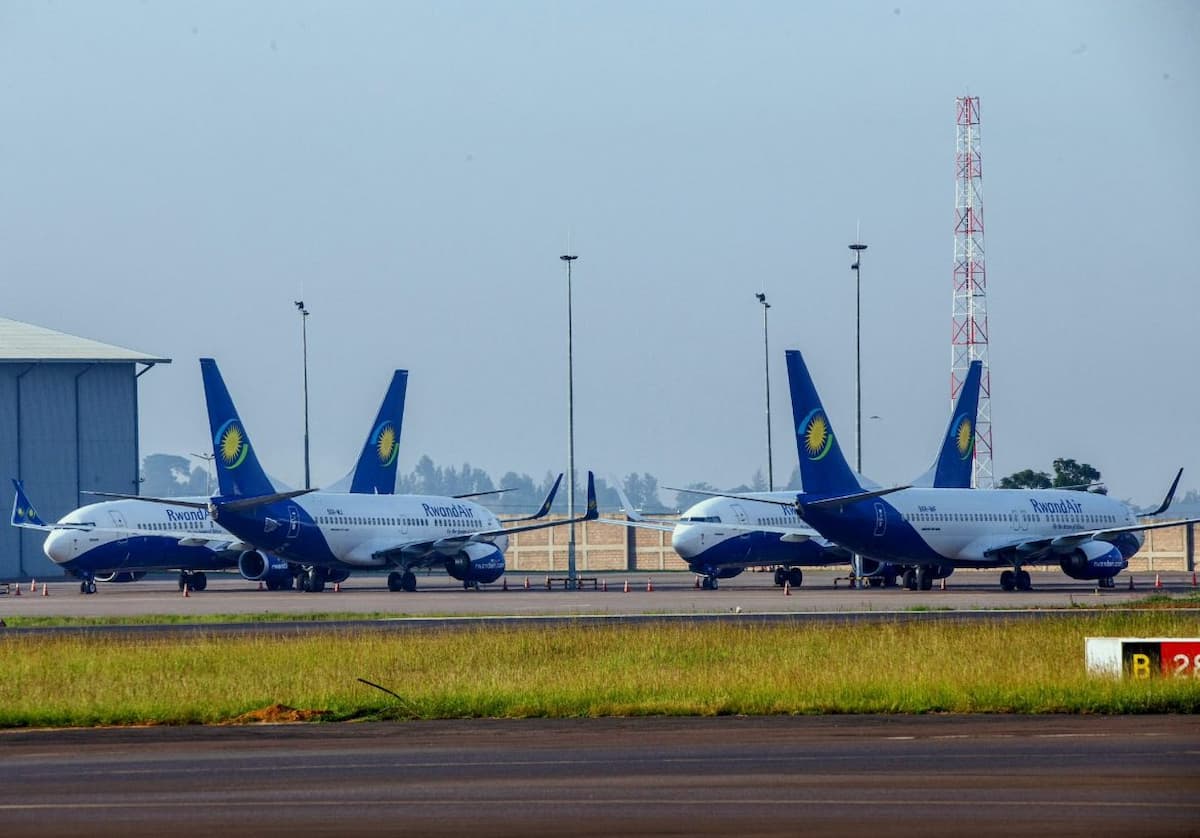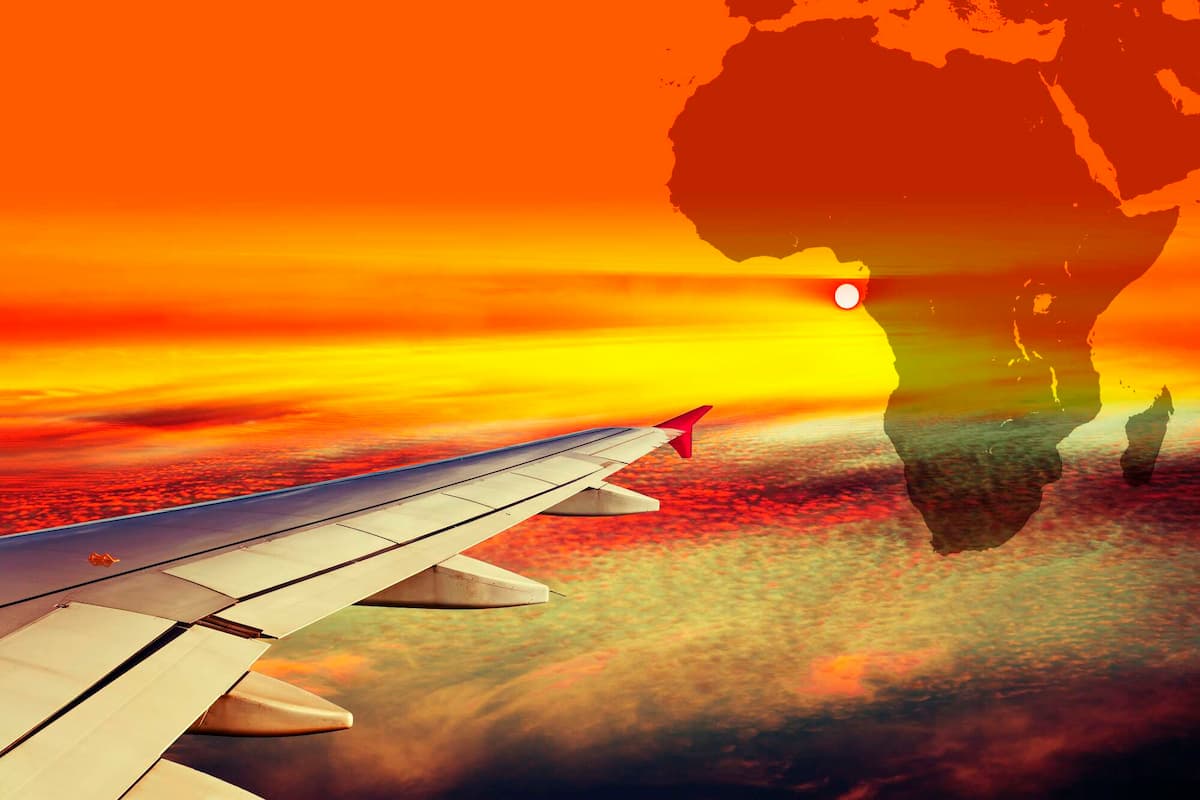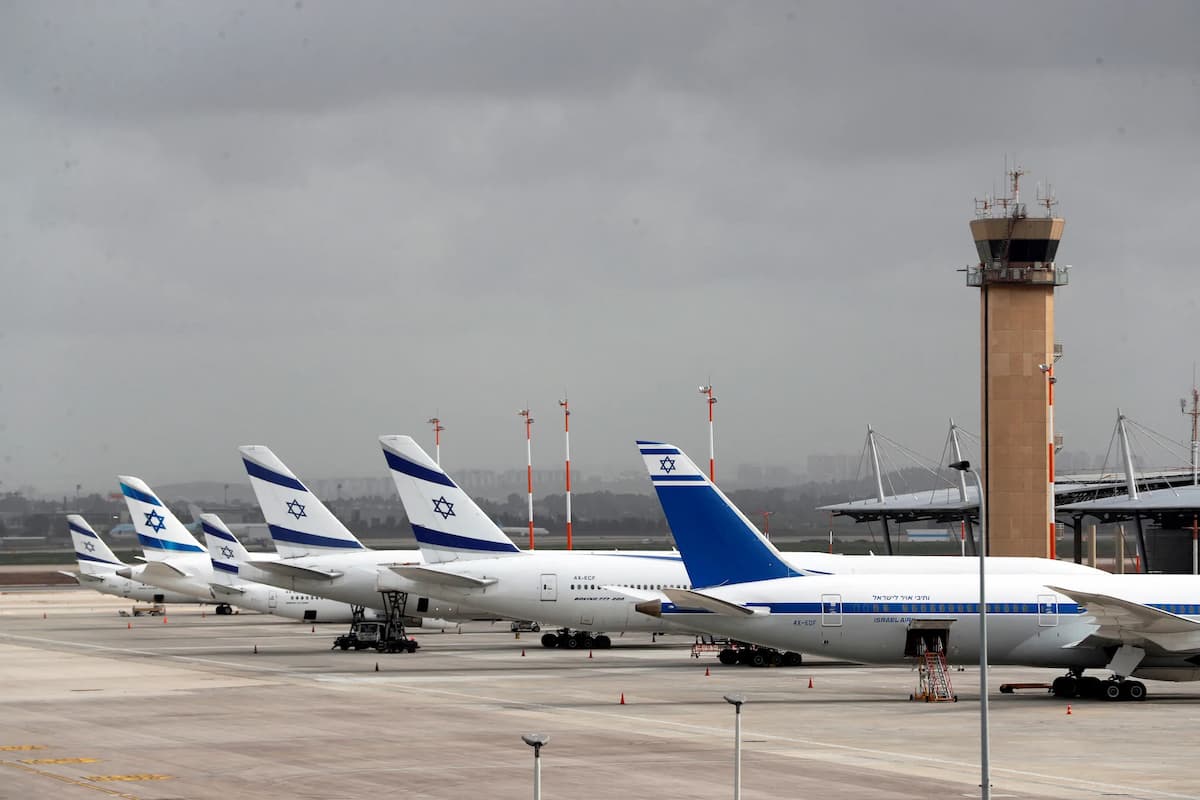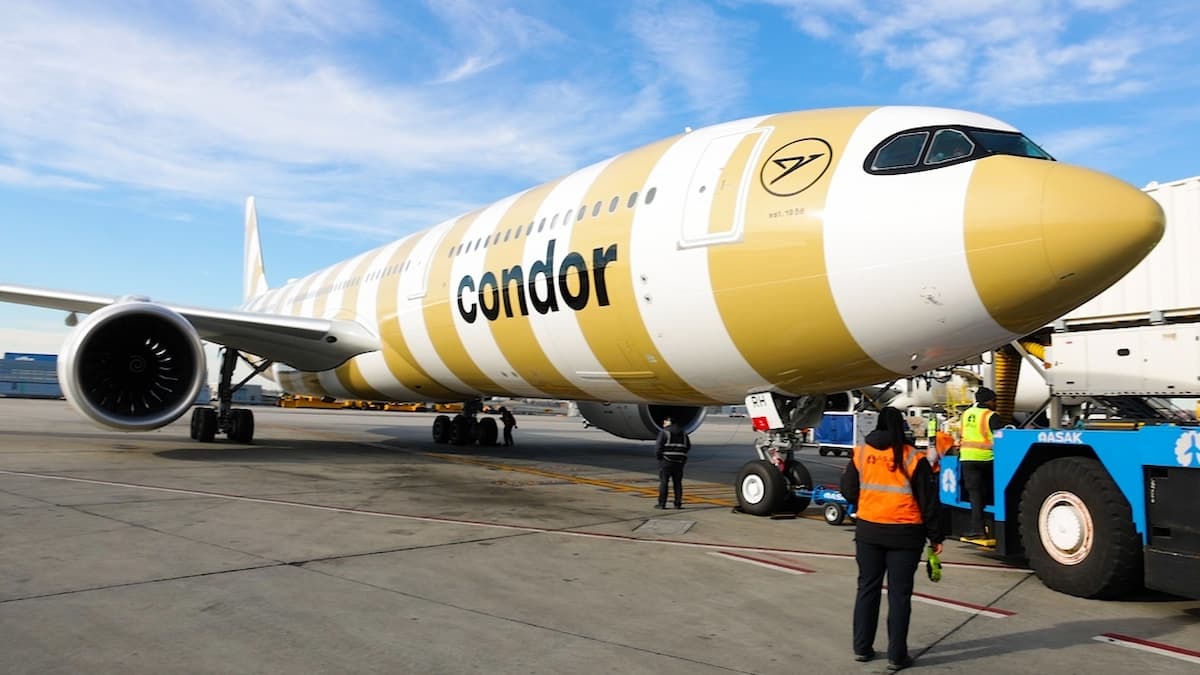ForwardKeys analysis shows African destinations entering a growth phase in the last quarter of 2023, with Cameroon (+27% international arrivals compared with 2019), Rwanda (+15%), Tanzania (+15%) and Namibia (+10%) leading the way and boasting double-digit growth.
“Most destinations are expected to switch to growth mode during the last quarter of the year, although there is still an uneven recovery amongst countries. Strong demand from the VFR segment is driving the fastest-recovering regions in Central and West Africa. This trend is expected to continue and accelerate as we head towards the Christmas peak season,” says Olivier Ponti, VP of Insights at ForwardKeys.
WTTC President and CEO, Julia Simpson said: “This latest data from ForwardKeys shows an undeniable appetite for travel to destinations across Africa. These search trends reveal potential new source markets for several African destinations and now is the time to seize the opportunities for growth.”
Rwanda is in a good position for Business and Luxury Travel
When discussing business travel to African destinations, it’s important to note that the industry is still in recovery mode. However, there are some destinations that are performing better than others. Senegal is expected to experience a 22% increase in business travel in Q4, Rwanda 21%, and Cameroon 25%.
Rwanda’s recovery of the Meetings, Incentives, Conferences, and Exhibitions (MICE) sector is benefiting the country significantly. This is evident as Rwanda was the third fastest-growing business destination in Africa in Q4. The revival of business travel is a positive sign of increased economic activity and investment in Rwanda. Germany, the United Kingdom, and the USA are the most dynamic source markets for business travel to Rwanda, with growth rates of 30%, 13%, and 11% respectively.
ForwardKeys air ticketing data also shows that the recovery of travel to Rwanda is being driven by passengers travelling in premium cabin classes (+37% in Q4 compared with +13% for economy class). This indicates that there is growing interest from high-end premium travellers who are likely to spend more on high-end luxury goods and services during their stay at a destination.
Rwanda serves as an excellent example of how improved connectivity could benefit the destination by enhancing the ease of travel. Currently, 70% of international arrivals involve transfer hubs to arrive in Rwanda, mainly Addis Ababa Bole Airport, Brussels Airport, Amsterdam Schiphol Airport and Nairobi Jomo Kenyatta Airport. Further analysis reveals that there is a great business opportunity to increase the number of direct flights, for example from the United States and Germany, as evidenced by the number of flight searches per source market.
Source: Airspace-Africa










